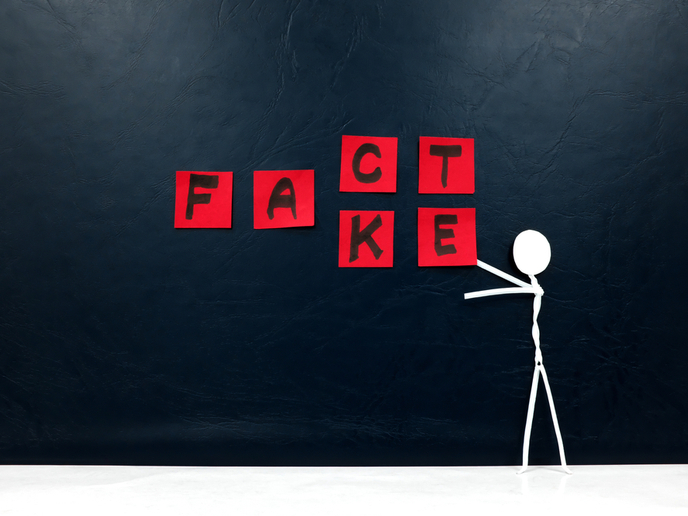Do Europeans think social media is harmful?
If you are undecided about whether social media is truly harmful to young people’s mental well-being, you are not alone. Even scientists cannot agree on social media’s effect on teenagers’ mental health. Some researchers provide evidence that increasing social media usage is linked to rising mental health problems, while others argue social media could have positive effects. Yet others consider most research in this field to be of poor quality and in need of a more effective scientific approach. In light of these conflicting scientific views, researchers supported by the EU-funded TRESCA project decided to find out what ordinary citizens thought about this issue. The response they received was unambiguous: most agreed that social media has a harmful effect. “But the story is more complicated than it might at first seem,” writes Dr Sara Degli Esposti in an article posted on ‘Science|Business’. Dr Degli Esposti is a research fellow at the Institute of Public Goods and Policies of TRESCA project partner Spanish National Research Council. In their survey, the project team asked more than 7 000 people from 7 European countries (Germany, Spain, France, Italy, Hungary, the Netherlands and Poland) for their opinion on social media. The respondents – who had different ages, genders and socio-economic statuses – were shown a statement that “several studies show” there is a link between screen time and poor mental health. Based on this statement, 83 % stated that they agreed there is a problem, and 57 % even said they would consider deleting some of their social media accounts.
The importance of fact-checking
However, the research team then offered them the opportunity to verify this statement themselves, “to make a more informed opinion,” as Dr Degli Esposti notes. The team was surprised to find that 77 % were interested in checking the assertion further. Of the respondents who did check, 86 % expressed an interest in learning more about the effects of social media. The percentage of people who would consider deleting their social media accounts also rose to 62 %, in other words, by a total of 5 %. “So it matters how you present this kind of contentious social science data to people,” observes Dr Degli Esposti. “But more important, it shows many people are willing, if given the chance, to look at the facts for themselves. Interestingly, there were some pretty clear national differences in this show-me attitude. Italians were the most likely to want to see the data for themselves. Germans were the least interested, but also those who trusted institutions the most. Why the difference? History, culture, media, politics – there are all kinds of factors differing from one country to the next that affect how people view contentious data.” The team plans to continue its research into social media and misinformation as part of the TRESCA (Trustworthy, Reliable and Engaging Scientific Communication Approaches) project. They are currently developing an app – the Misinformation Widget, or Ms.W. – that will help people check scientific claims they read online. It is a rather valuable tool if one considers our experience of the devastating effects of misinformation about vaccines and protection measures during the COVID-19 pandemic. For more information, please see: TRESCA project website
Keywords
TRESCA, social media, teenager, mental health, misinformation, fact-checking, screen time



